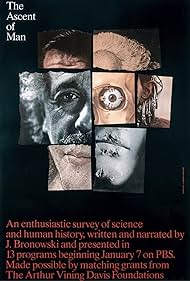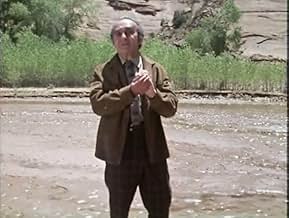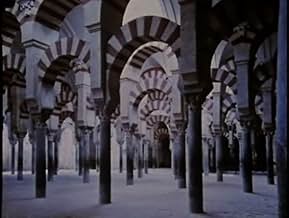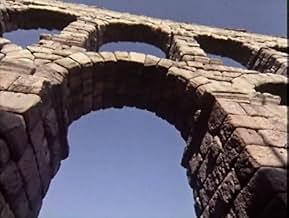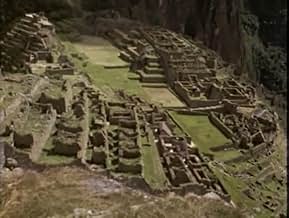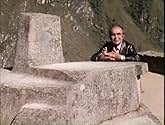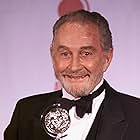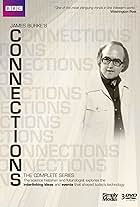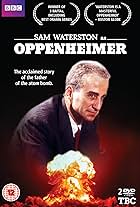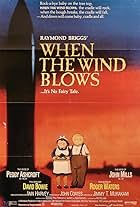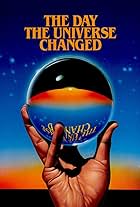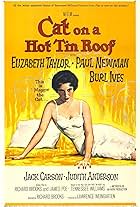An account of man's development through his scientific and technological achievements.An account of man's development through his scientific and technological achievements.An account of man's development through his scientific and technological achievements.
- Nominated for 1 BAFTA Award
- 1 nomination total
Browse episodes
Storyline
Did you know
- TriviaFor the initial broadcast of the program, each segment had an epilogue by a very young Anthony Hopkins, who once was a student of Dr. Bronowski's.
- ConnectionsFeatured in Television: The Good, the Bad, and the Ugly (1985)
- SoundtracksCareful with that Axe Eugene
Written by Roger Waters, Richard Wright, Nick Mason and David Gilmour
Performed by Pink Floyd
Featured review
This landmark BBC series from 1973 covers, in thirteen episodes, humanity's scientific and technological discoveries, more or less chronologically. Its host is Jacob Bronowski, a Polish born, British based Jewish mathematician. Clearly an influence on Carl Sagan's Cosmos, this was a sort of an answer to Kenneth Clark's great series Civilization, which despite its title, did not cover science but only art (and only Western European art at that).
The short, brilliant Bronowski reminisces about his personal anecdotes with some of the greatest scientists and intellectuals of the 20th century, like Enrico Fermi, John Von Neumann, Leo Szilard and Aldous Huxley. As did Sagan in Cosmos, he puts himself ideologically in the humanist pro science center left (though he is not as strident an atheist as Sagan). Bronowski would die a year later after this was released from a heart attack. At times, during the series, he looks worn and tired (he was in his mid sixties when he filmed this). The shooting of this series in several countries (including places quite remote in the 1970s such as Easter Island and Machu Picchu or as emotionally moving as Auschwitz, where a large portion of his family died) must have been quite strenuous on him.
In 40 years, some of it has dated, naturally (the computer graphics look very crude now, and some of the scientific information has been surpassed by more recent knowledge) but this is still a very worthwhile, informative TV series to watch.
The short, brilliant Bronowski reminisces about his personal anecdotes with some of the greatest scientists and intellectuals of the 20th century, like Enrico Fermi, John Von Neumann, Leo Szilard and Aldous Huxley. As did Sagan in Cosmos, he puts himself ideologically in the humanist pro science center left (though he is not as strident an atheist as Sagan). Bronowski would die a year later after this was released from a heart attack. At times, during the series, he looks worn and tired (he was in his mid sixties when he filmed this). The shooting of this series in several countries (including places quite remote in the 1970s such as Easter Island and Machu Picchu or as emotionally moving as Auschwitz, where a large portion of his family died) must have been quite strenuous on him.
In 40 years, some of it has dated, naturally (the computer graphics look very crude now, and some of the scientific information has been surpassed by more recent knowledge) but this is still a very worthwhile, informative TV series to watch.
- How many seasons does The Ascent of Man have?Powered by Alexa
Details
- Release date
- Country of origin
- Language
- Also known as
- BBC: Піднесення людства
- Filming locations
- Production companies
- See more company credits at IMDbPro
Contribute to this page
Suggest an edit or add missing content

